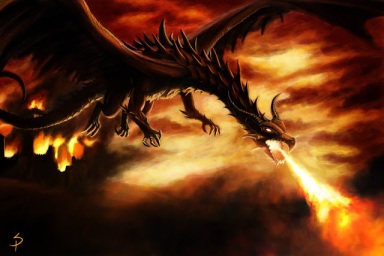Last week, I went to a community ed class about how to market your book put on by Sarah J. Pepper, a local author who has achieved success through both traditional and self publishing. I always wonder when I show up at these things whether I’ll learn anything new, and I always walk away from them glad that I went. Along with some potential freelance contacts, great handouts, and frantically jotted notes, I also came away with this revelation:
To really market, I need to stop writing.
Not forever (God no!) but long enough to not be distracted. Long enough to let my writing energy rest and build up. Long enough to really commit myself to marketing, and long enough to possibly see results.
This came when Sarah admitted that her husband told her she “can’t start” writing a new book until after her soon-to-be-released Death of the Mad Hatter is released. So all that writing energy goes toward … promoting the upcoming book.
I’ve never been good at marketing because I always try to squeeze it in on the fringes of my writing work (which I try to squeeze in on the fringes of my paid work). And since I don’t like marketing, it’s easy for it to fall to the bottom of the “to-do” list. It’s not so much that I don’t like talking about my work — like most writers, I enjoy that very much. But I don’t like feeling like I’m “bugging” people. And as an introvert who doesn’t really like to be “sold to,” I project that onto anyone I might try to sell myself to, and I sort of crumple up inside. And I retreat to writing. True, there could be worse ways to avoid a dreaded task. But I really, really, really need to give this self-promotion thing a try if I want to keep striving to make writing central in my life. And I do.
Now the decision point comes — I know that my focus needs to be on my Dark Crystal submission until I send it off, hopefully in early December. After that, my initial plan was to return to work on my Rapunzel novel and work on preparing my Rumpled ebook for distribution. But it may not be wise to pursue both at once, as I’m likely to hide from the ebook within Rapunzel. Still, I’m thinking a good strategy might be to complete my second draft of Rapunzel, then set it aside to work on Rumpled. I’ll probably have some fresh insight when I return to my Rapunzel draft afterwards. Now the real question is whether I can accomplish all this before next November, which is supposed to be my “on” year for NaNoWriMo. Stay tuned!




 Posted by Lacey Louwagie
Posted by Lacey Louwagie 






 My research primarily takes two paths. The first investigates the “
My research primarily takes two paths. The first investigates the “


